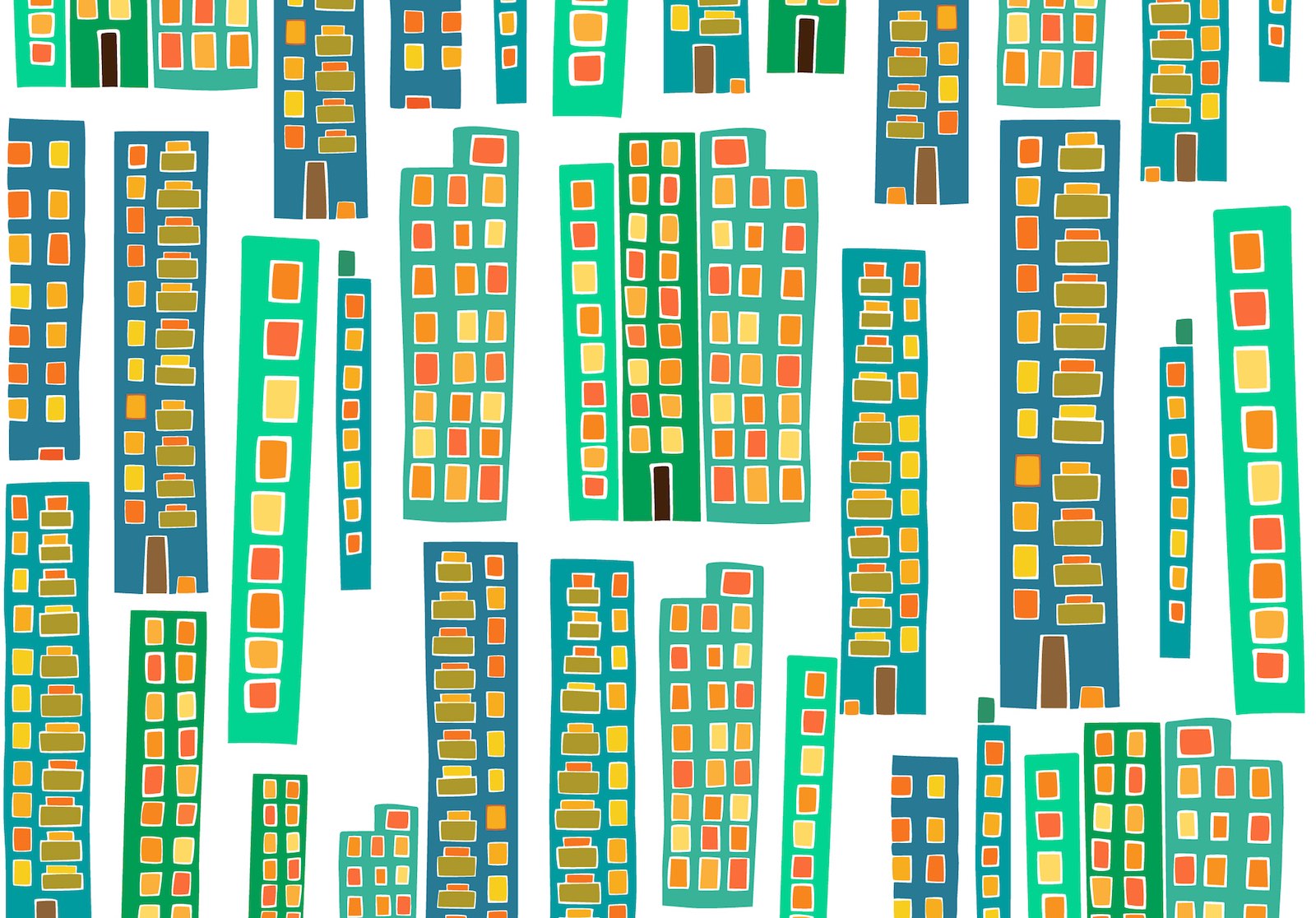“The commercial real estate (CRE) industry is on the verge of a major disruption: the Internet of Things (IoT),” proclaims IBM Cybersecurity Strategist, Kevin G. Joseph.
"Disrupt yourself before the competition does it for you." #IoT #CRE #RealEstate #technology
My new article:https://t.co/KYLqfUcqoO
— Kevin (KJ) Joseph (@KevinIBM) July 14, 2017
“Technology is making its way into an industry that historically lacks the innovative spirit, and we’re beginning to see a drastic change in what it means to be a real estate broker. As client needs evolve, brokers must develop new skills to keep up with the changing technology landscape and remain competitive,” Joseph explained.
It is the view of Joseph, and many within the industry, that the primary source of value creation within CRE will come from connected technology. In fact, he goes so far as to say that a lack of technology in a commercial building could be costing the owner money and damaging the effectiveness of enterprise tenants.
“Today, many offices and industrial properties throughout the U.S. are old and outdated. They are costing owners and tenants huge amounts of money and, in many cases, hindering business growth. These assets are dead and play no role in advancing the strategies your board and management team have set forth, thus hurting overall enterprise performance,” Joseph outlined in an article for Security Intelligence.
As those enterprise tenants seek out smarter buildings to improve performance and remain competitive, CRE without IoT technology will fall further behind, losing comparative value to the smarter alternatives. This fundamentally changes the value proposition landscape for CRE from one centered on location to one driven by technology and information.
In our report The Internet of Things in Smart Commercial Buildings we projected that the global market for the IoT in buildings (BIoT) will grow significantly over the next decade as IoT technology converges with building automation systems. Memoori predicts that increasing interoperability will fundamentally change the way we interact with the built environment and create opportunities for the more “forward-thinking” players.
Less forward-thinking players risk obsolescence. A new generation of employee demands a new generation of workplace, enterprises therefore depend on IoT enabled buildings to attract the brightest talent. Enterprises also demand the productivity benefits brought about by the IoT in order to stay competitive, so building owners hoping to attract those firms have no choice but to smarten up their facilities or risk losing out.

“Look closely at an older, historic building. Observe its structure, entrance doors, lobby, elevators, parking area and office space. Notice anything? Probably not, because that building is dead. It is just sitting there, doing nothing, providing no additional value to the occupants inside,” Joseph suggests in no uncertain terms.
“Imagine if that building were alive. What if the building could communicate with your business and help achieve your goals? The IoT is allowing organizations to bring both office and industrial buildings to life,” he continued, making an important point - a building can now be more than just a building it can be a vehicle for service provision.
The building can provide services that improve productivity, comfort, health; there are now buildings that can help you heal, learn, innovate or sleep.
According to a white paper from IDC and SAP, 60% of global manufacturers will use data collected from IoT devices to optimize their processes this year. The report also predicted a 15% boost in delivery and supply chain productivity by 2018 thanks to the IoT. Another IDC report estimated that global IoT spending would reach $1.29 trillion by 2020, with an annual growth rate of 15.6%.
The statistics emerging from the IoT space mean CRE can simply not afford to ignore the technological revolution underway. The IoT represents the best path to value CREation in today’s market – anything else would be risky business.
Mr. Joseph concludes, “to put it simply, if you wish to remain competitive in the commercial real estate industry during the age of the IoT, you have only one option: Disrupt yourself before the competition does it for you.”
[contact-form-7 id="3204" title="memoori-newsletter"]



